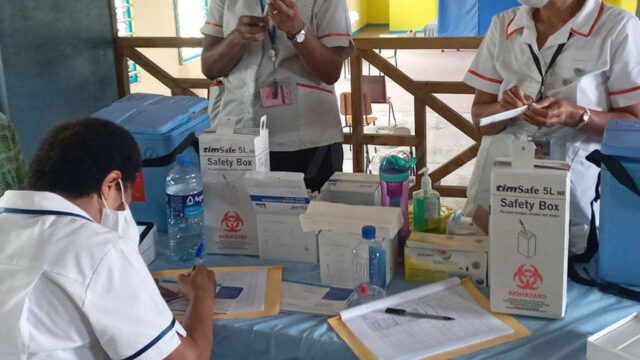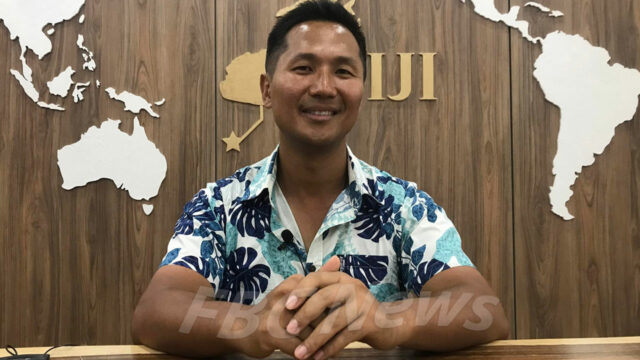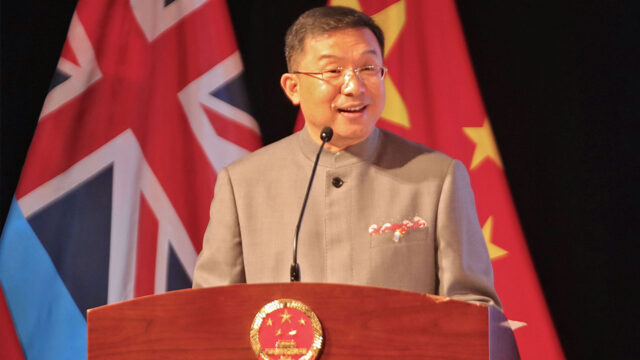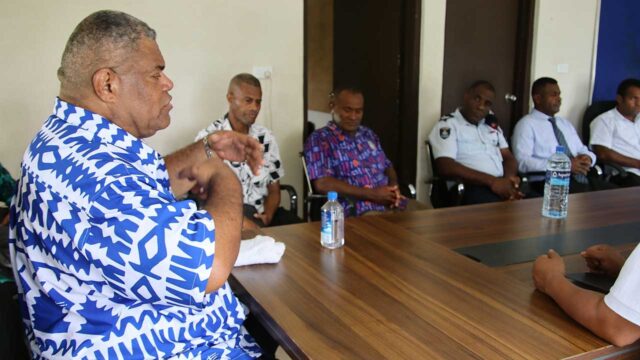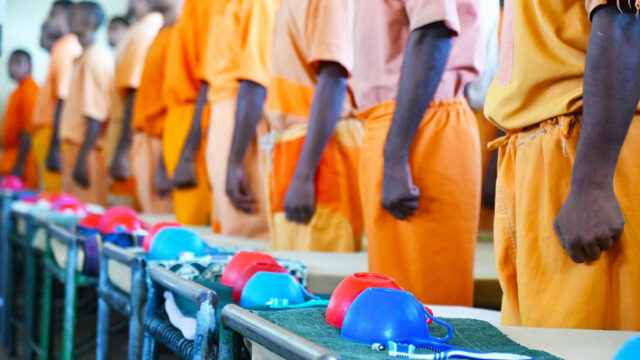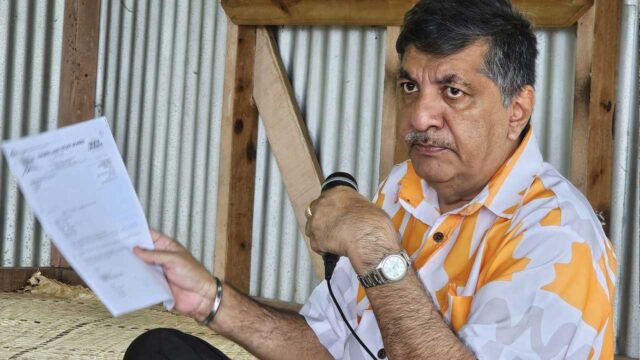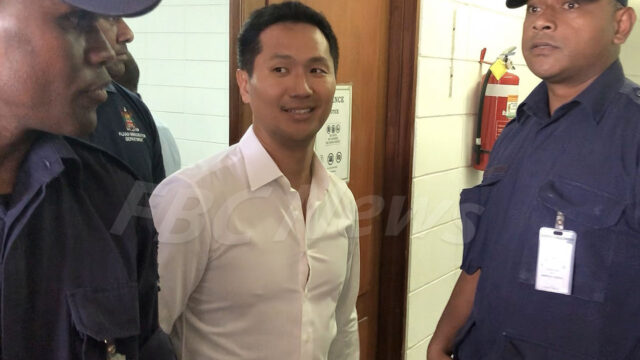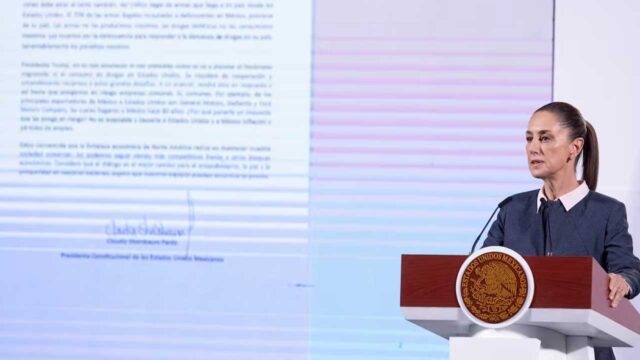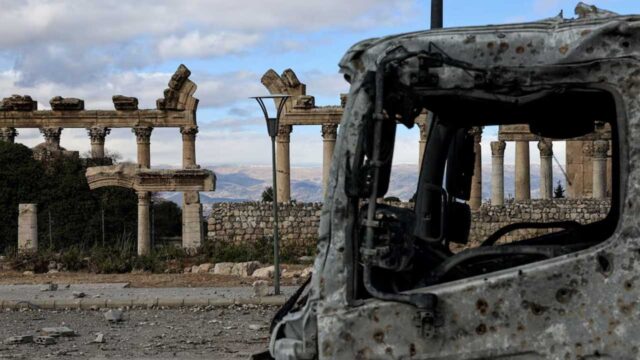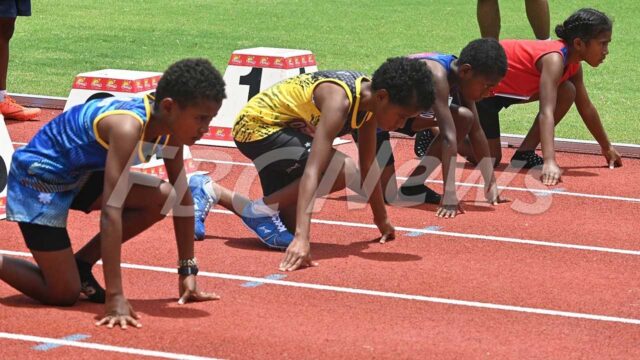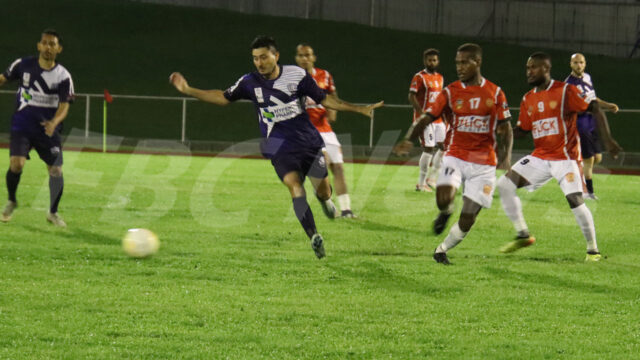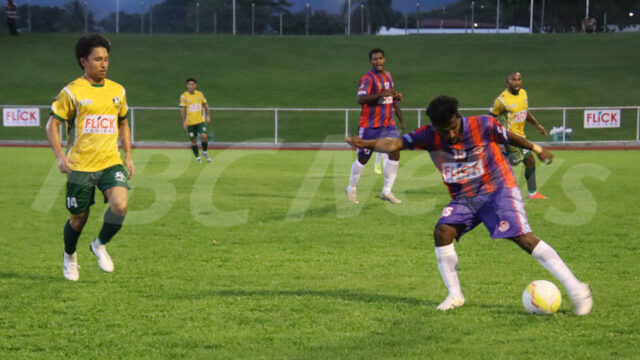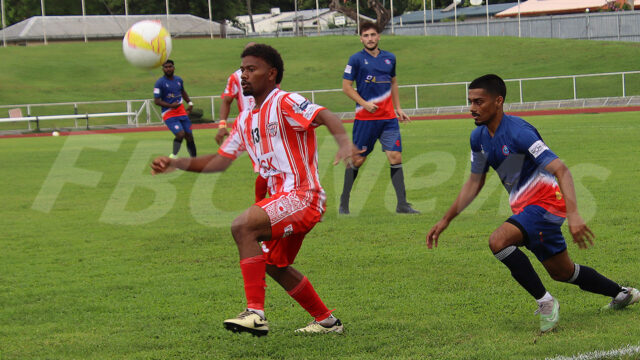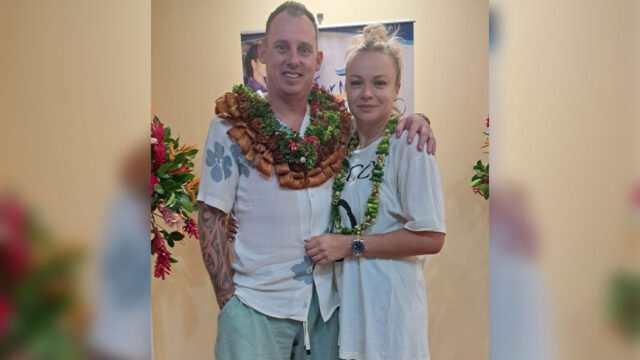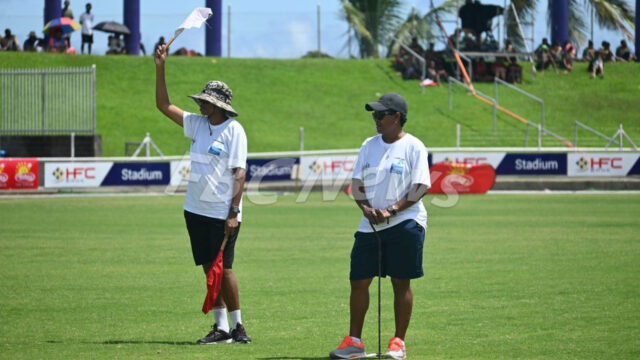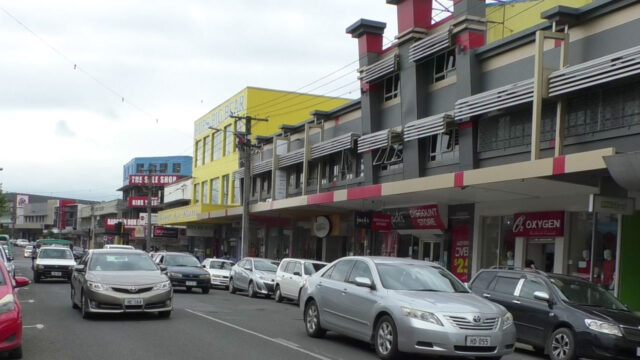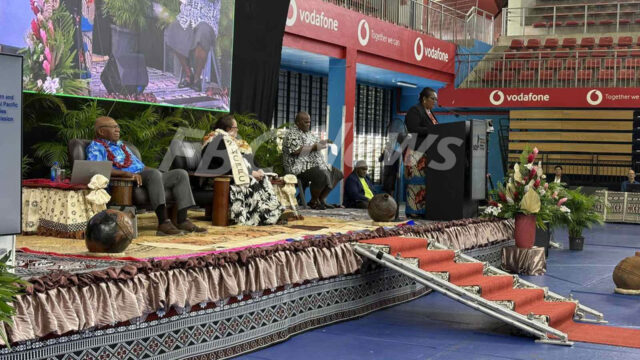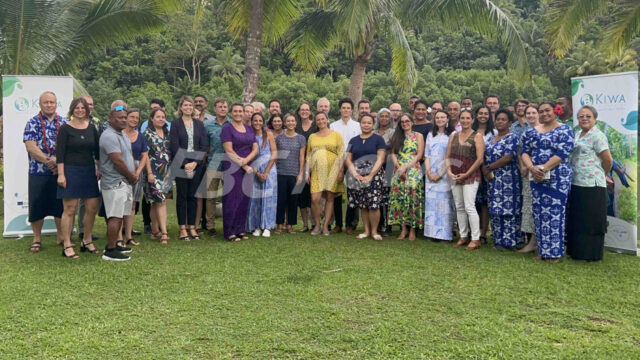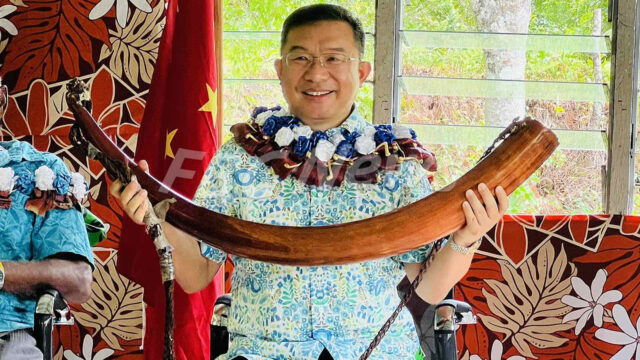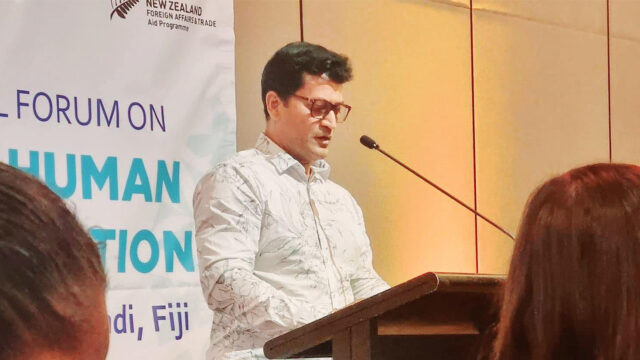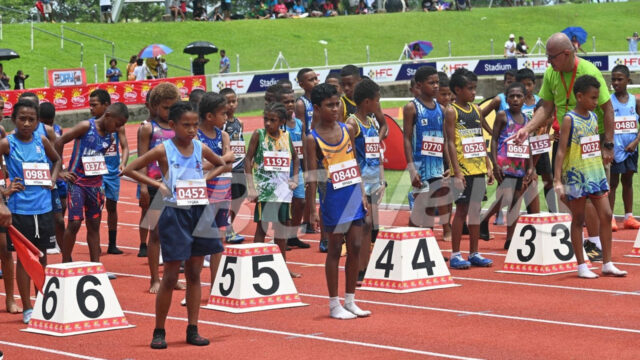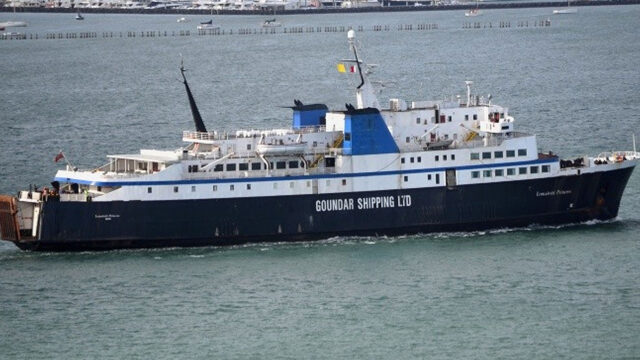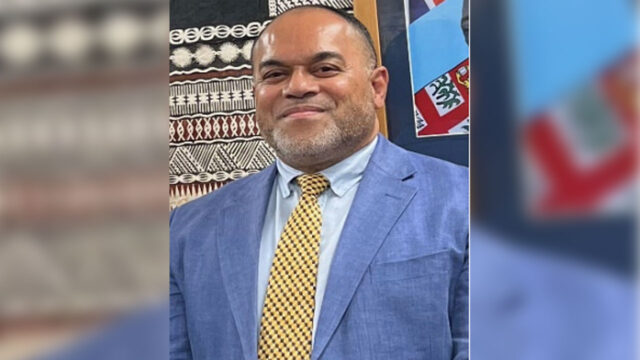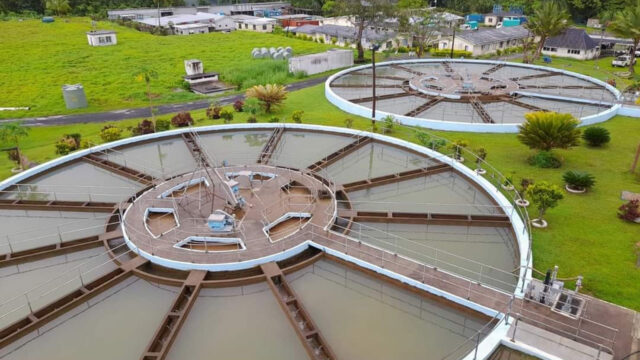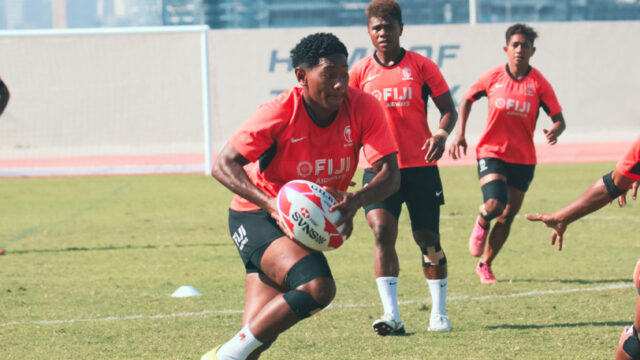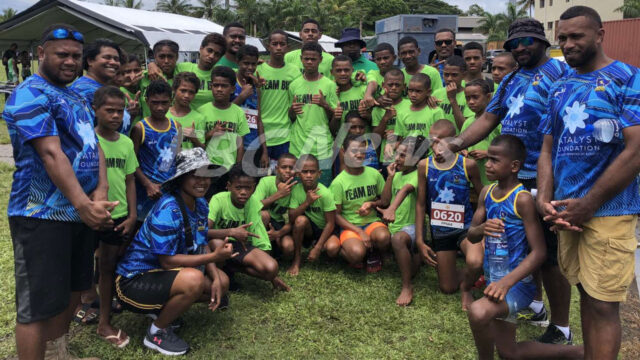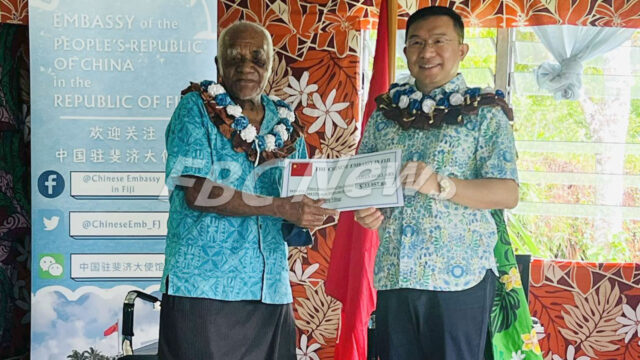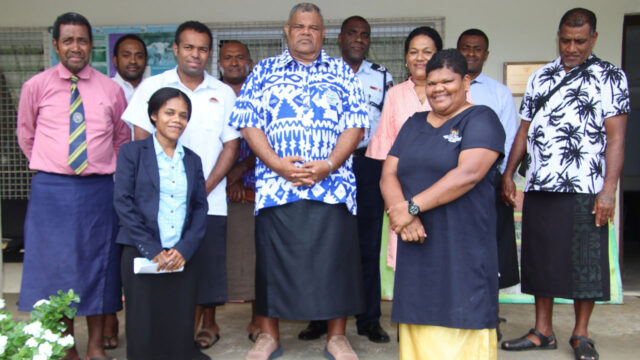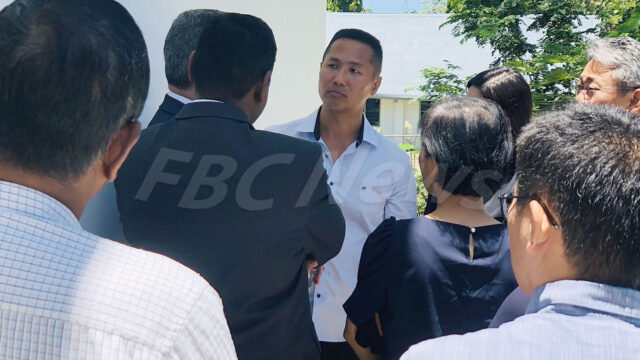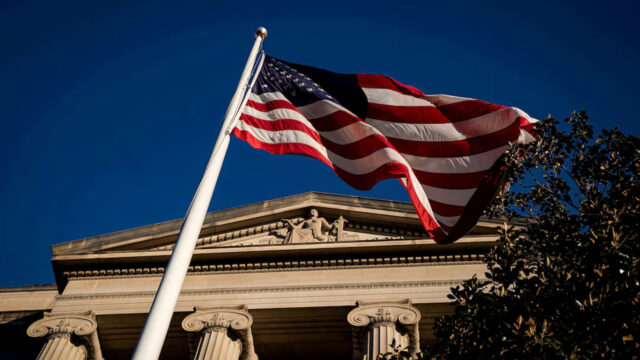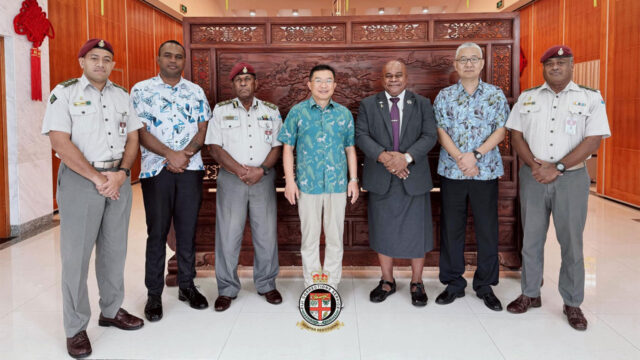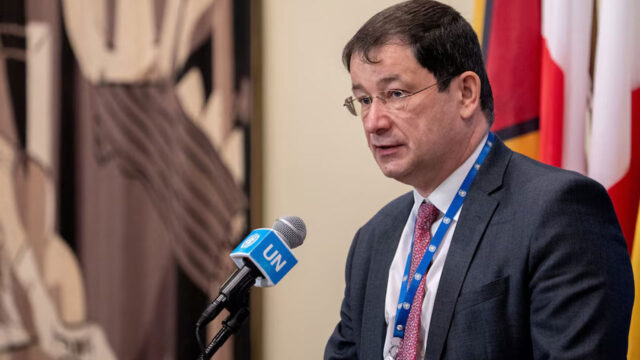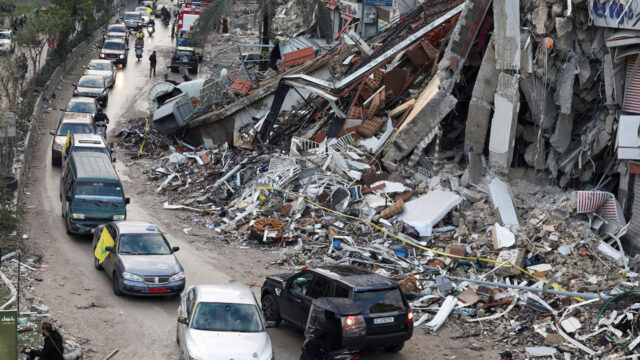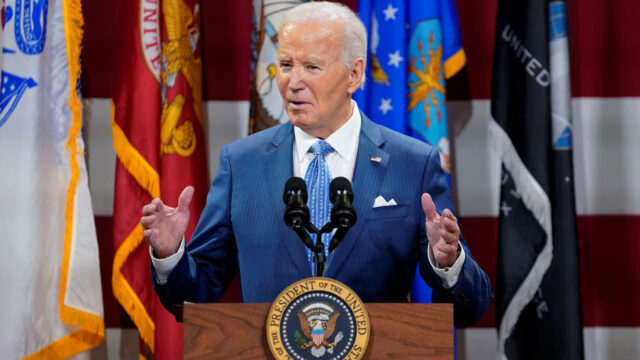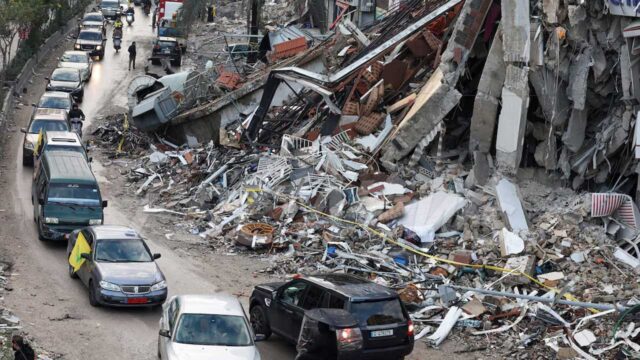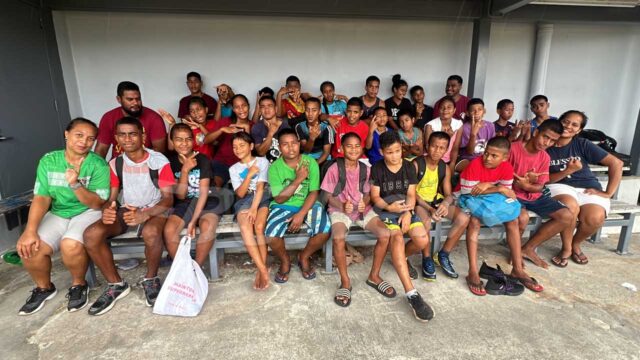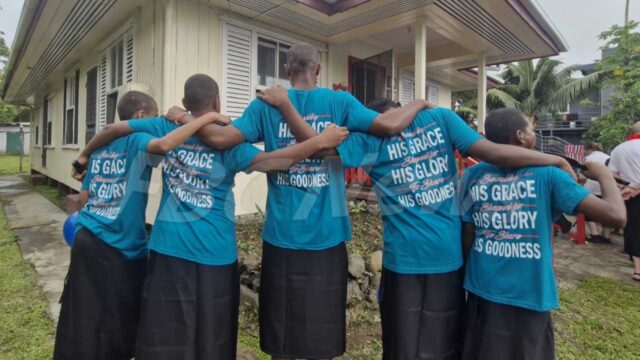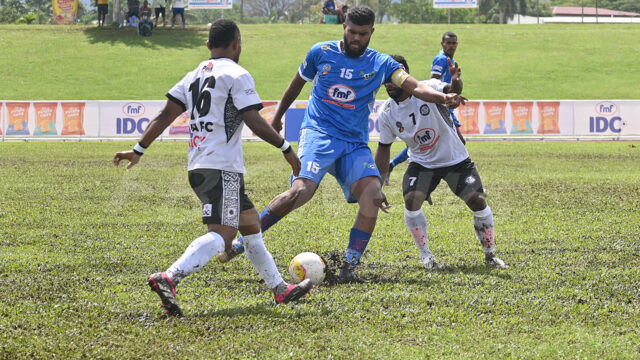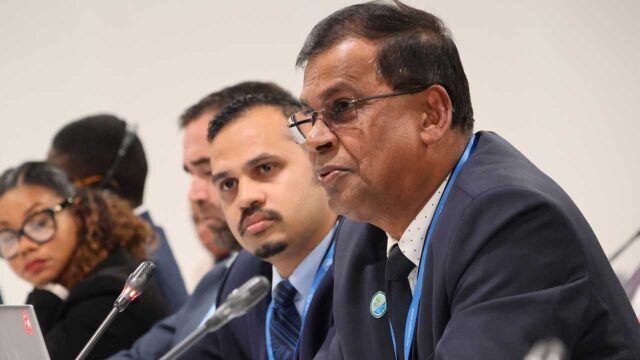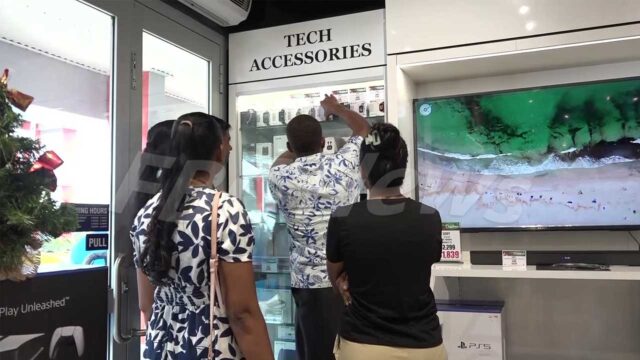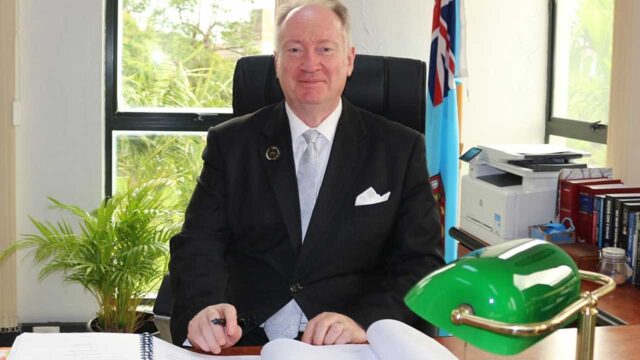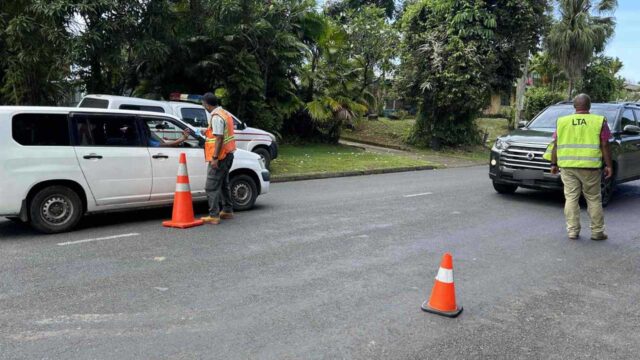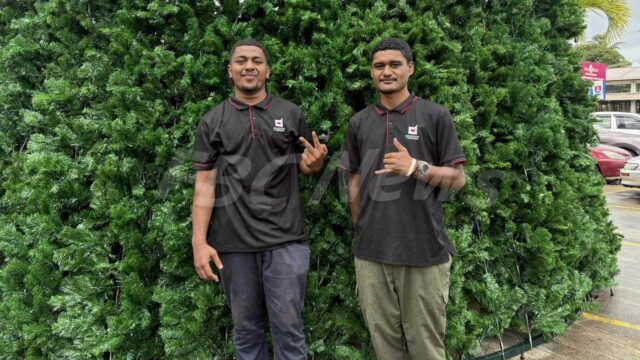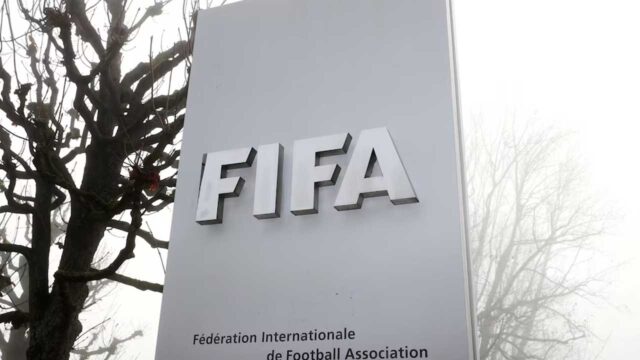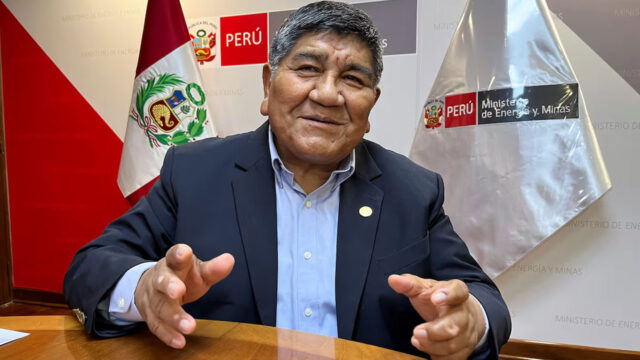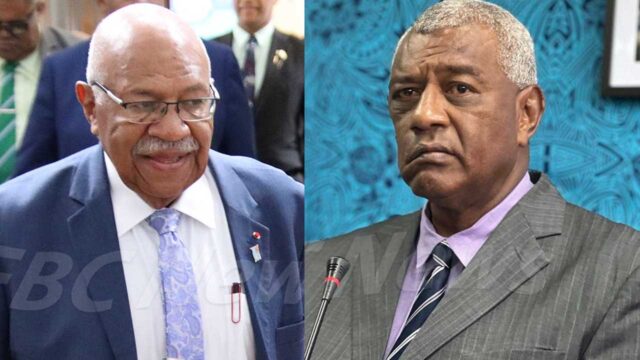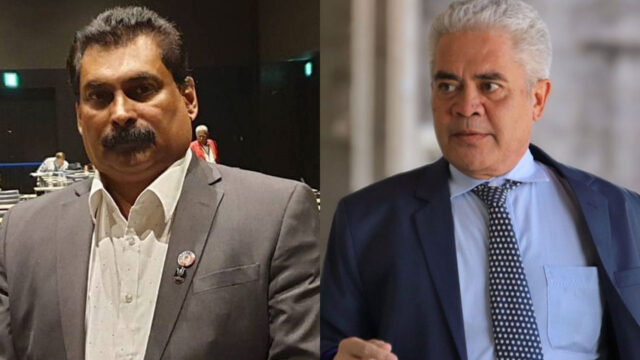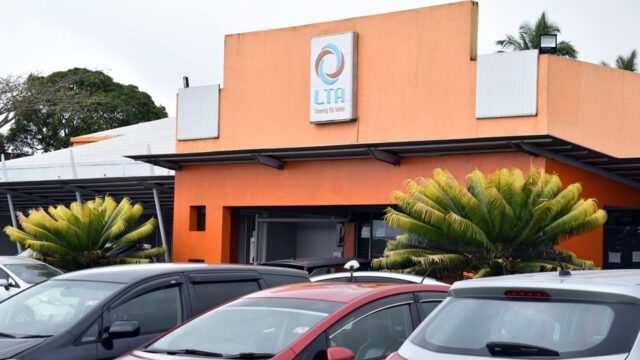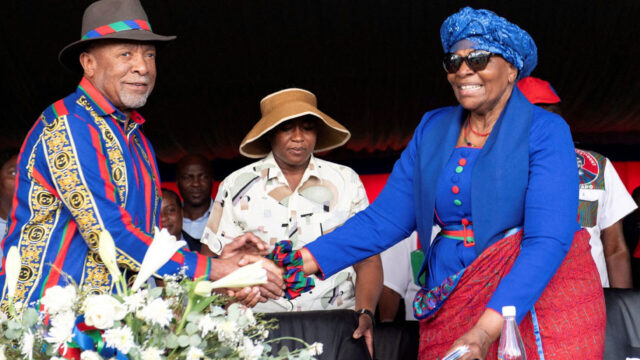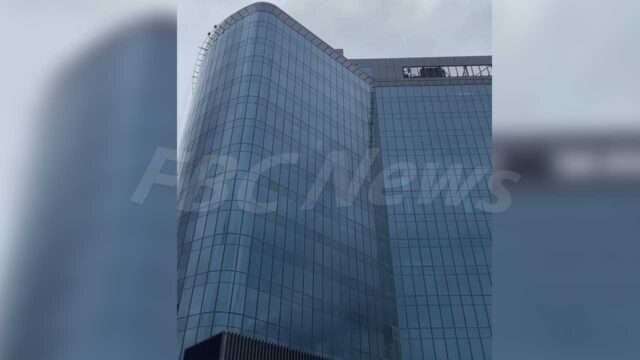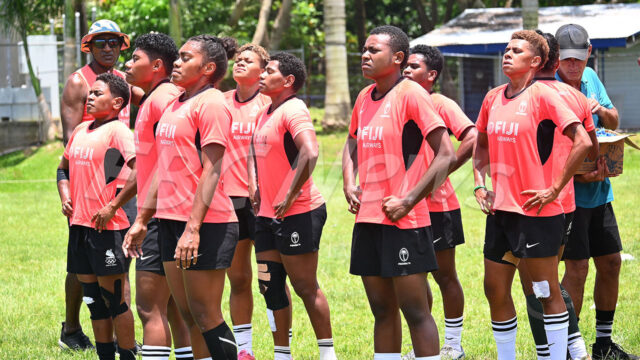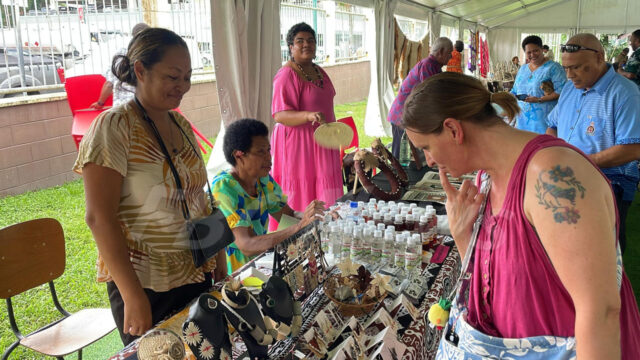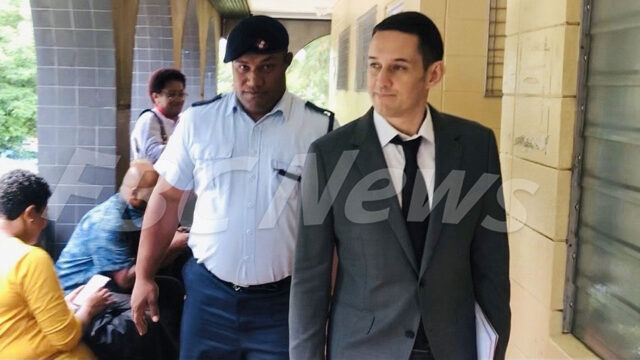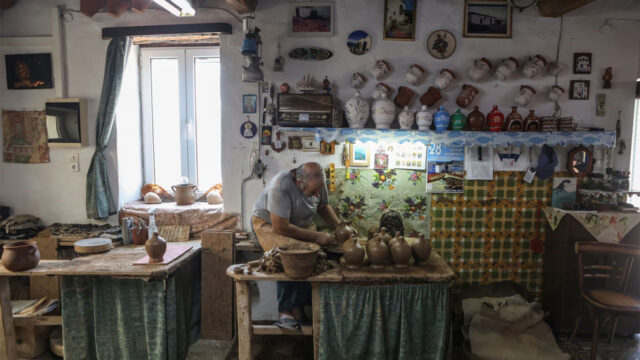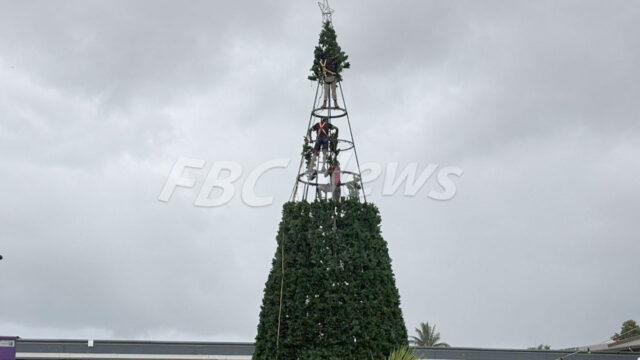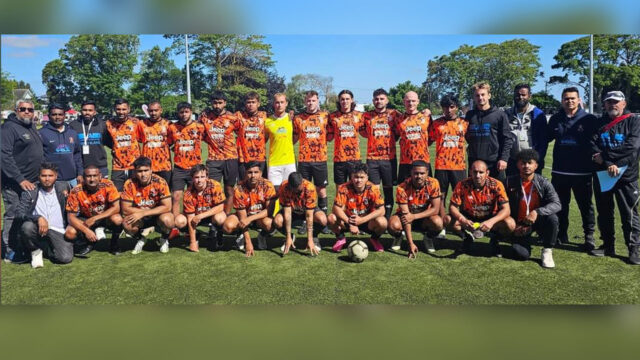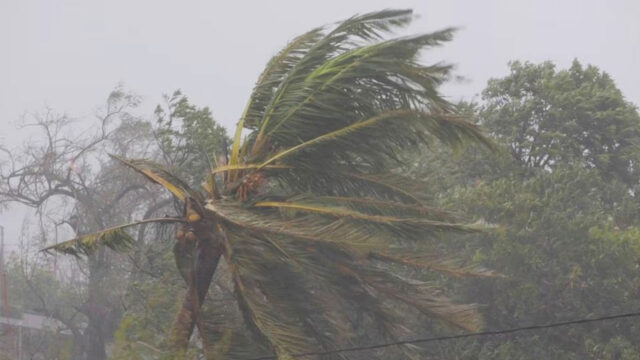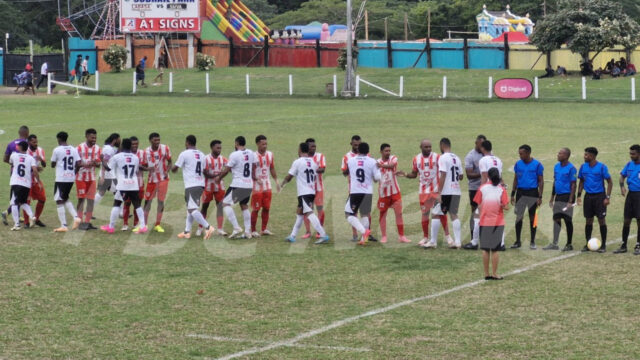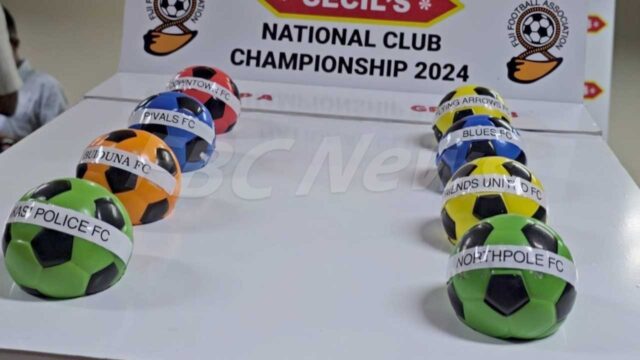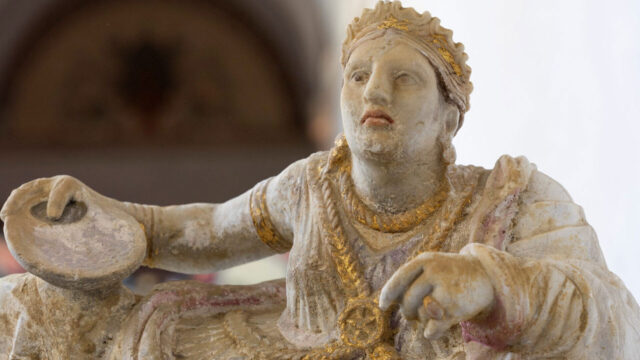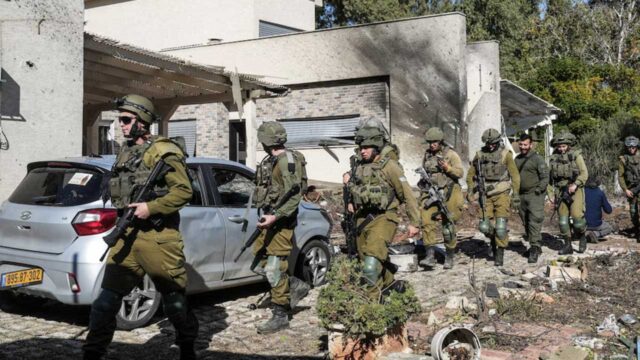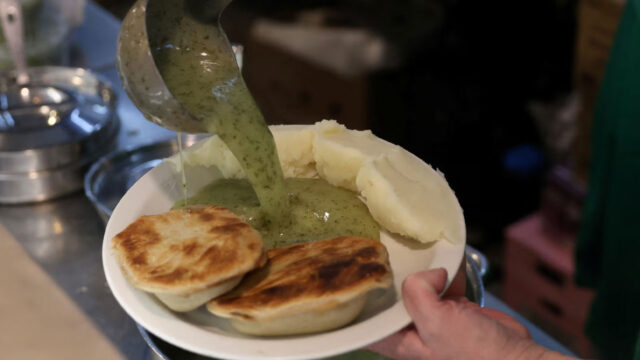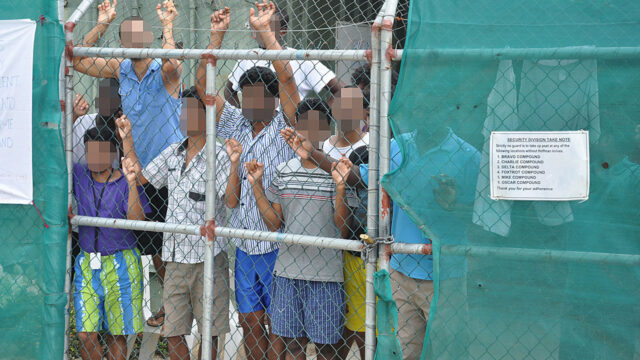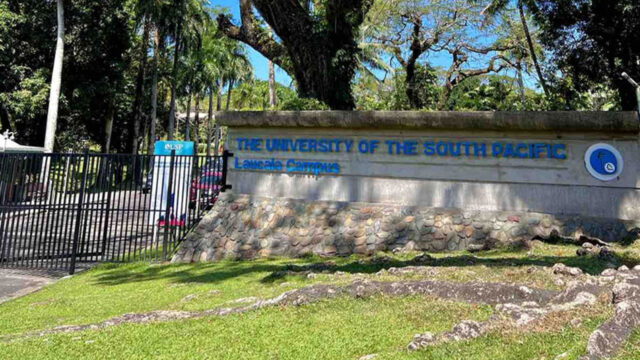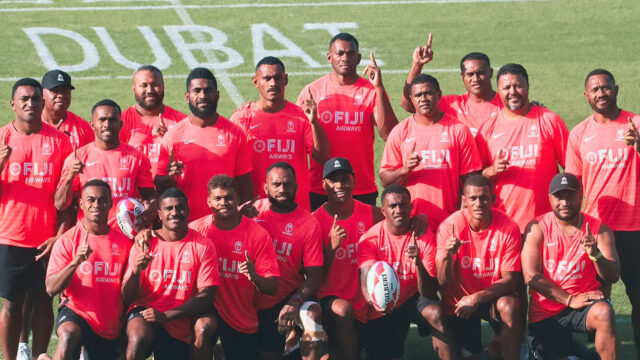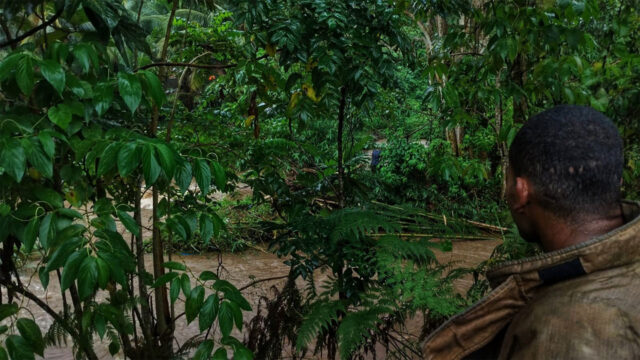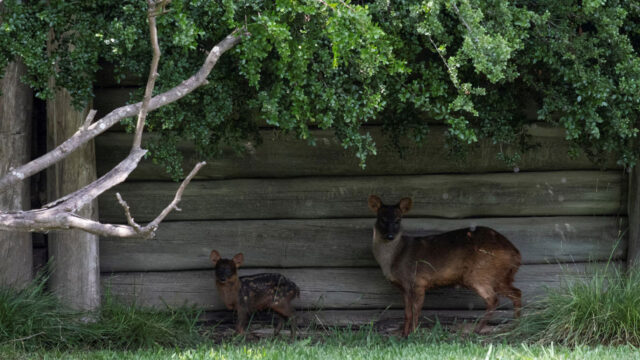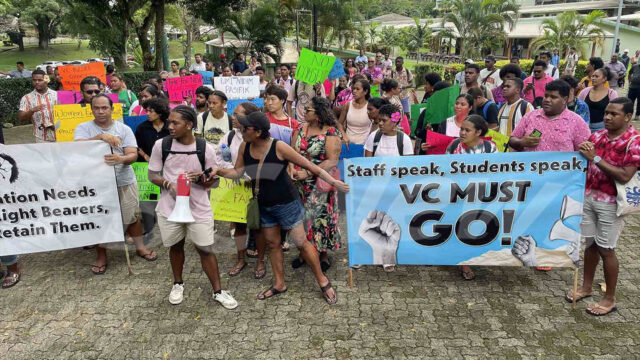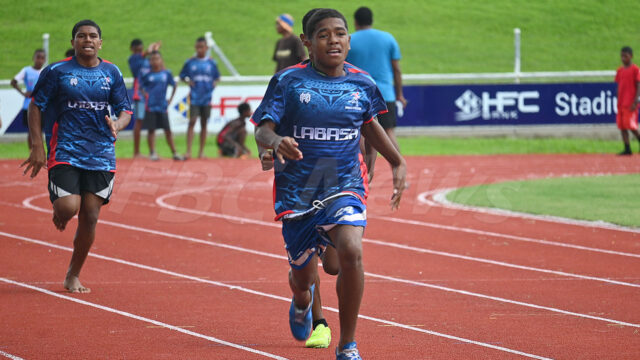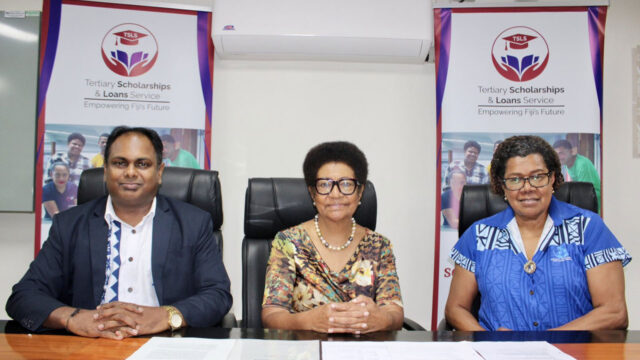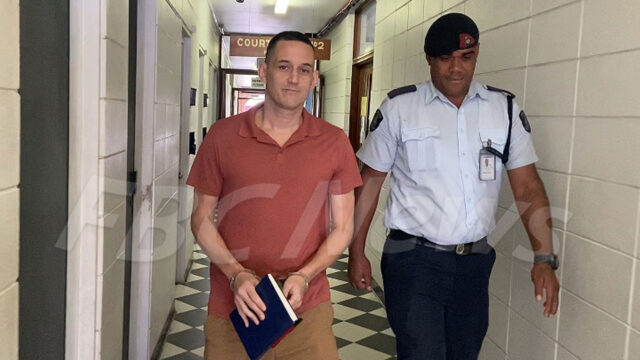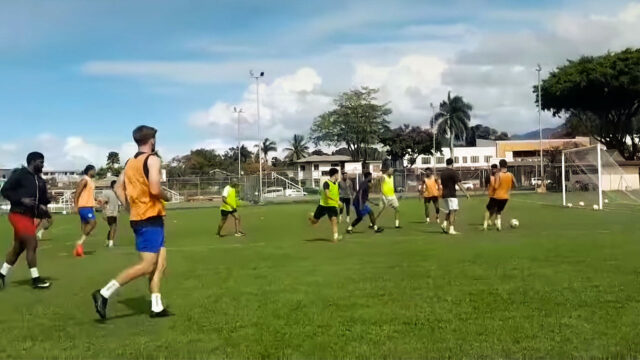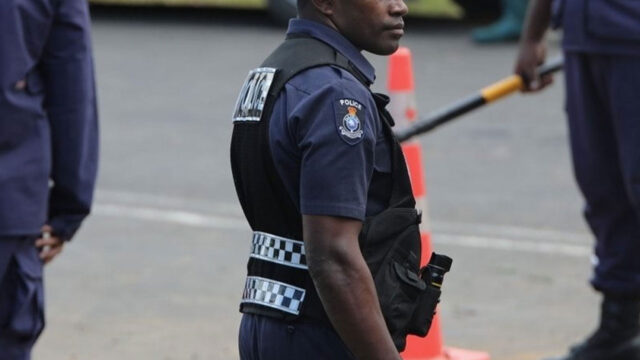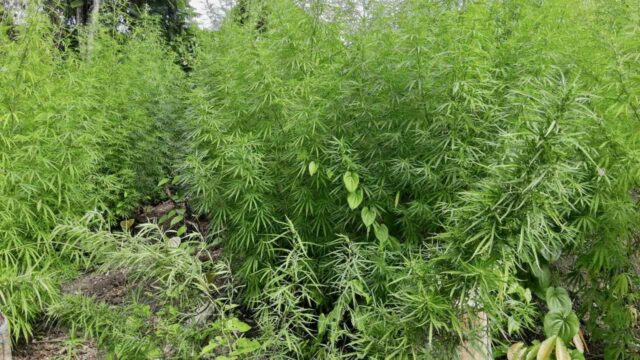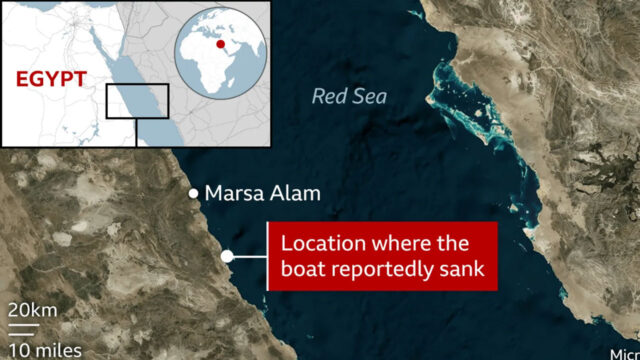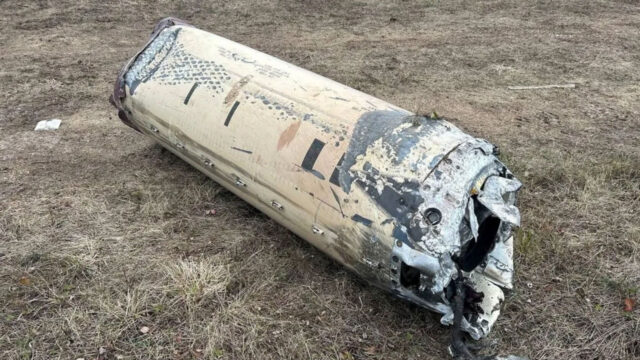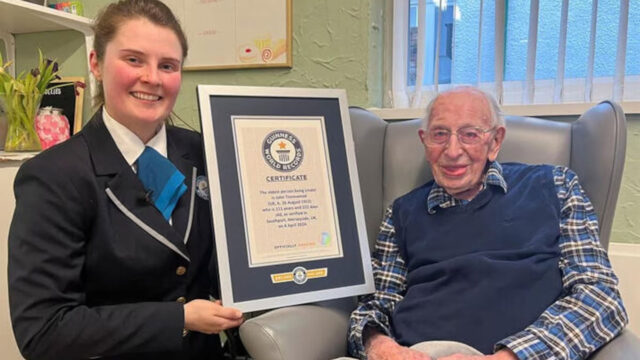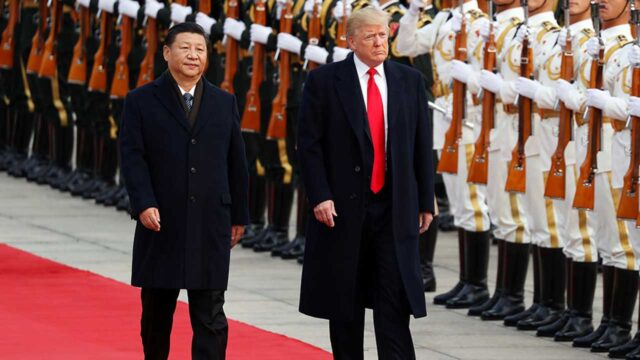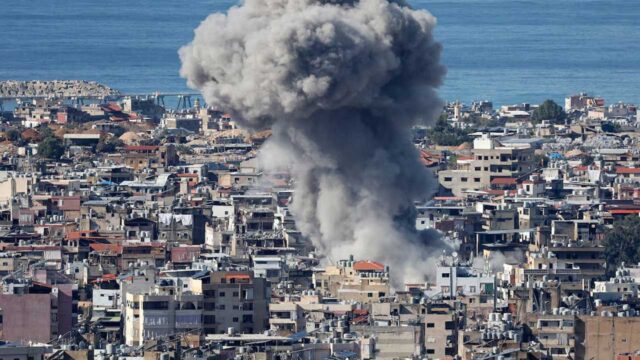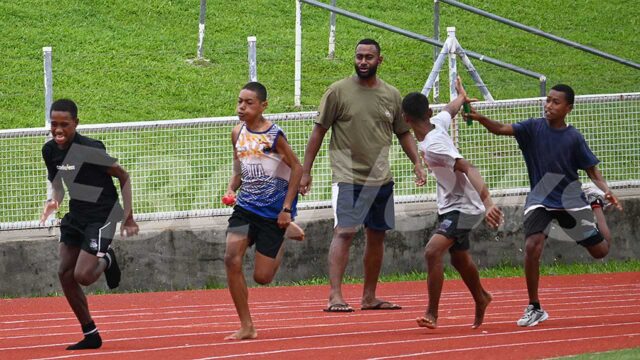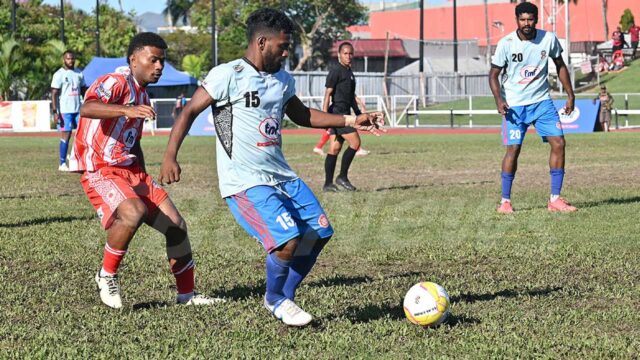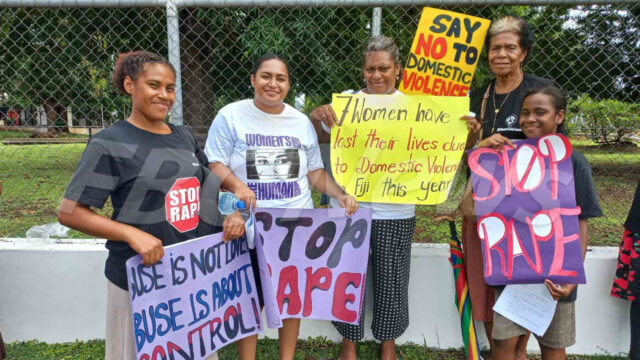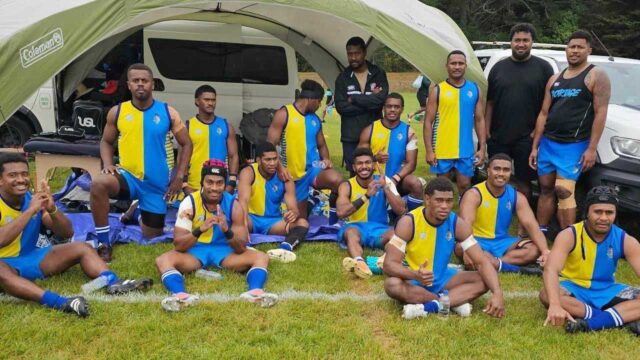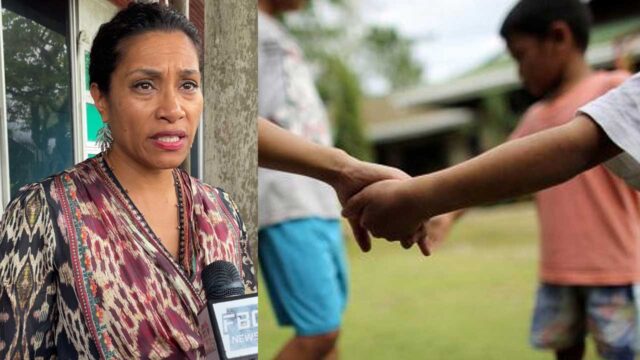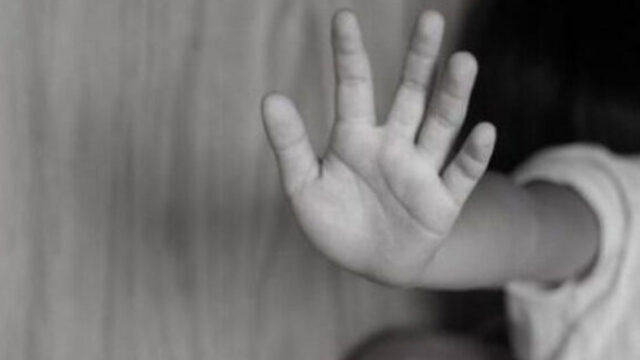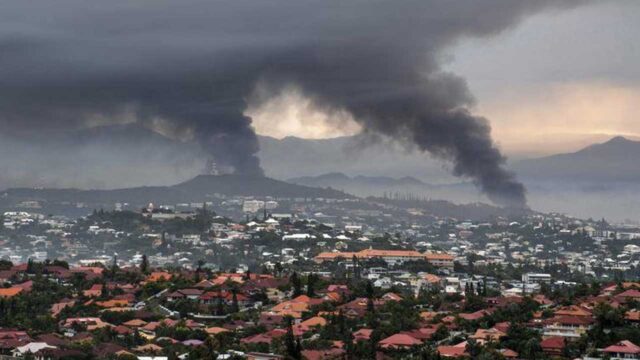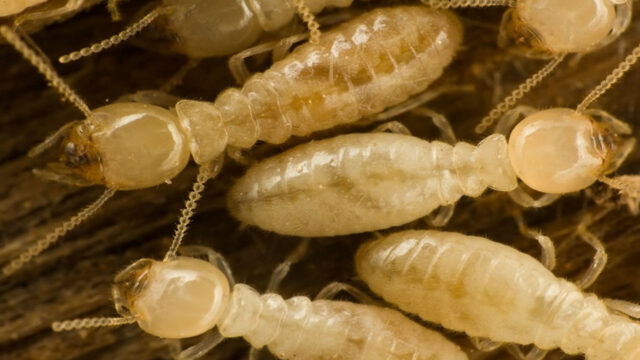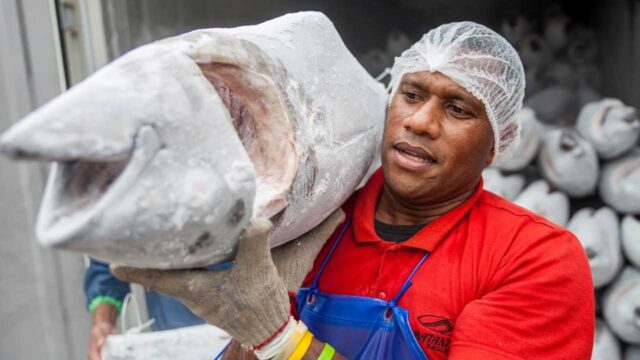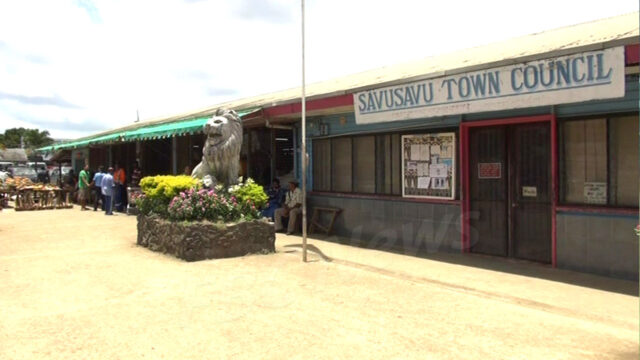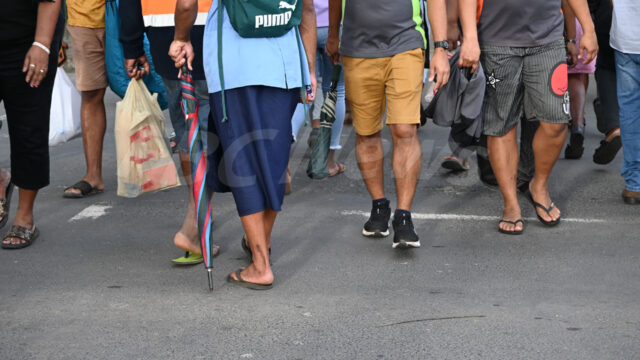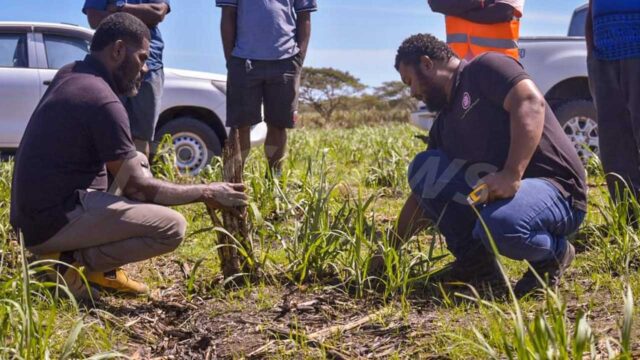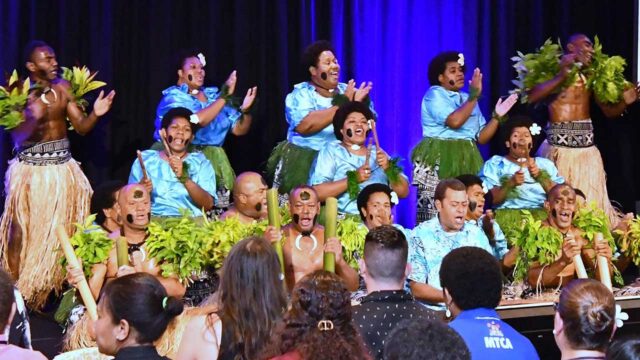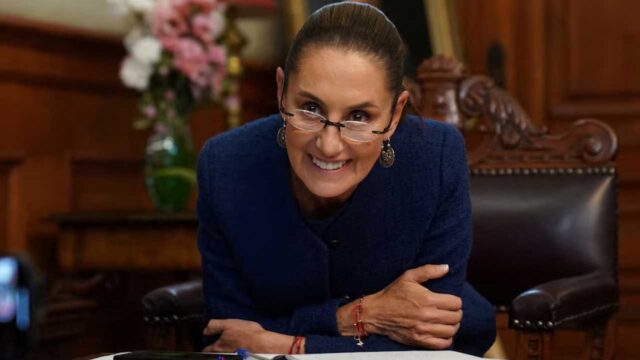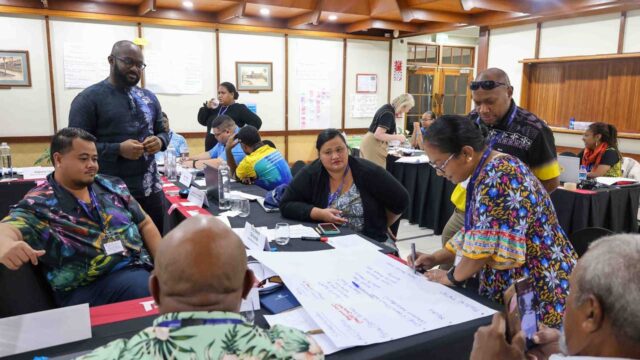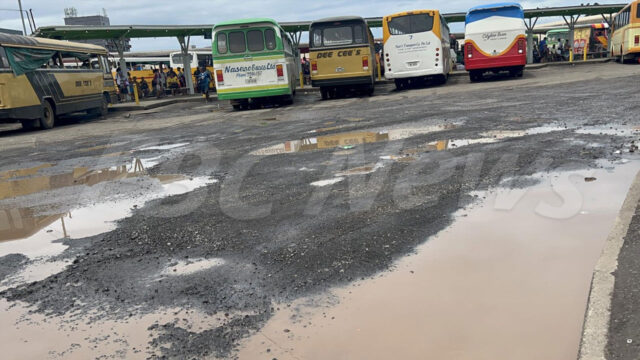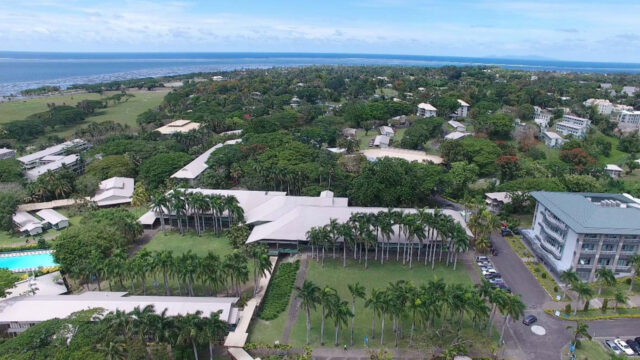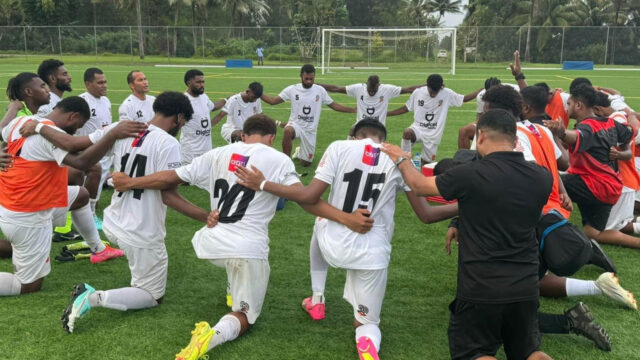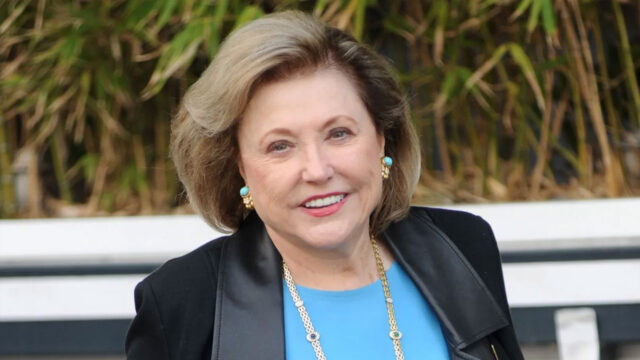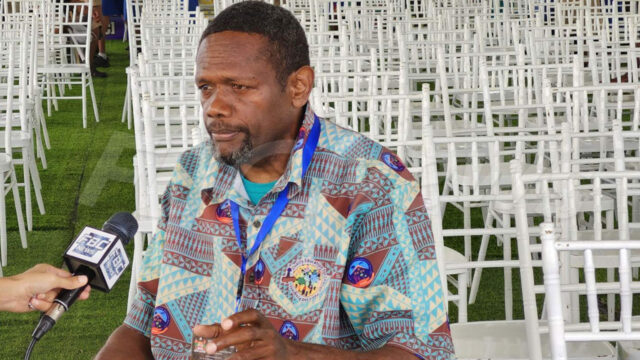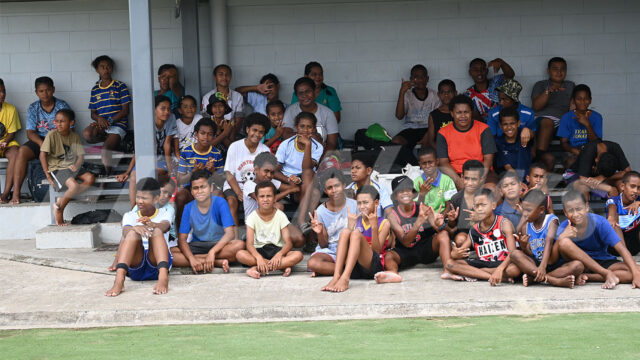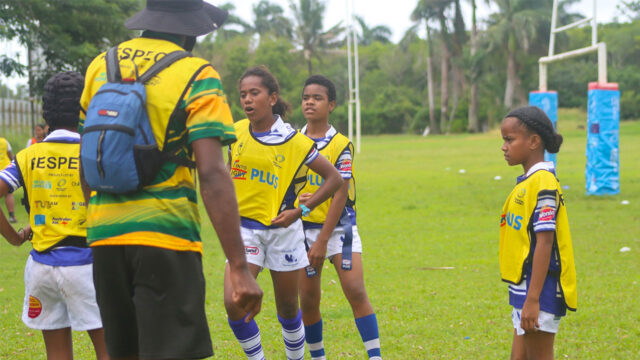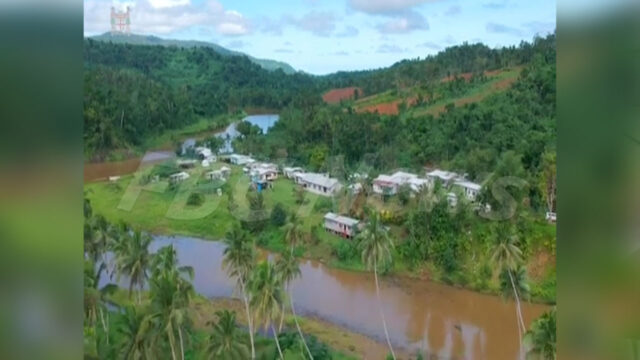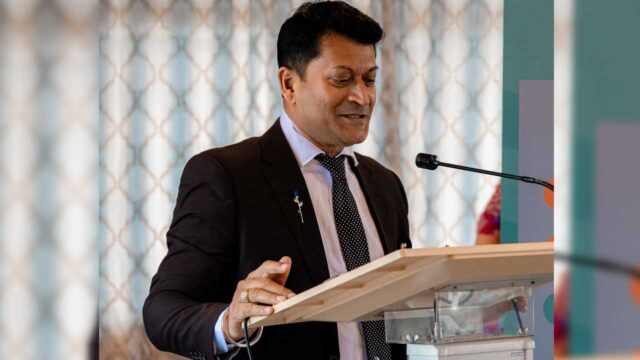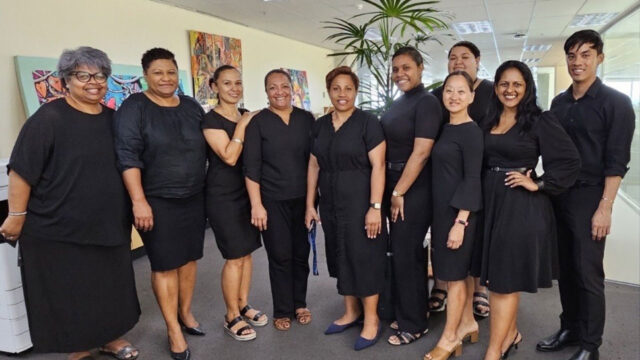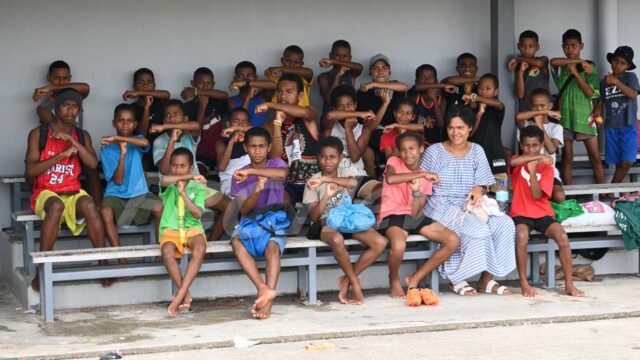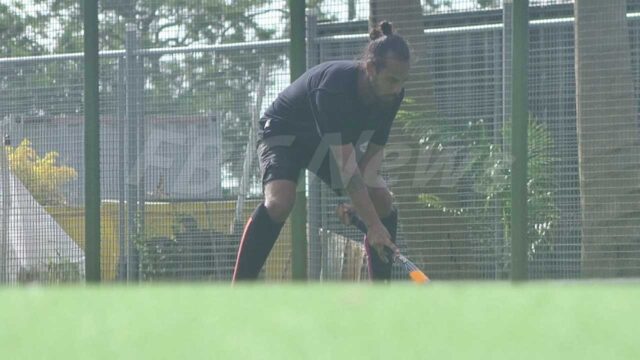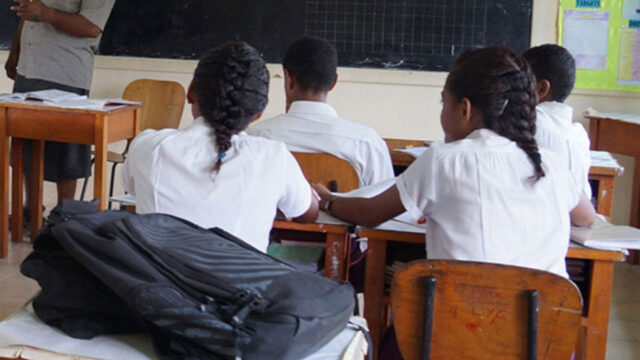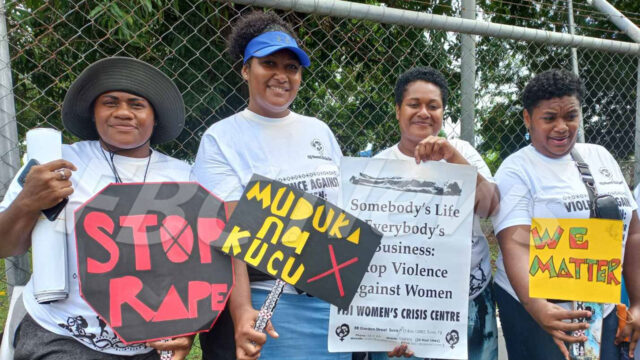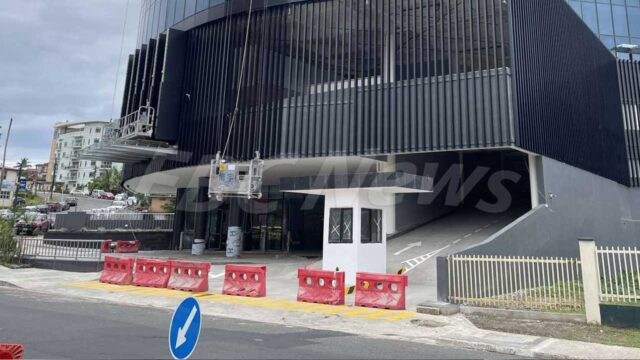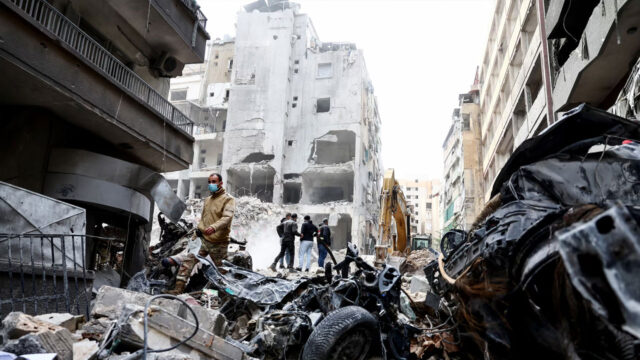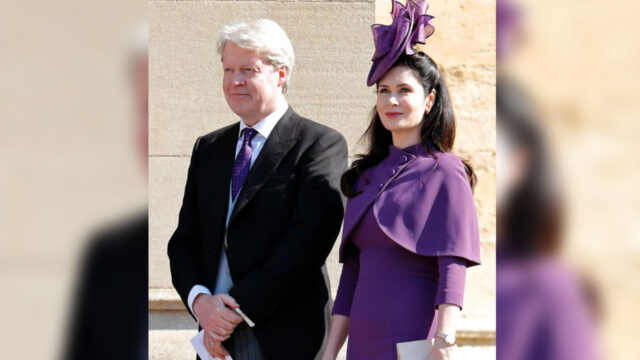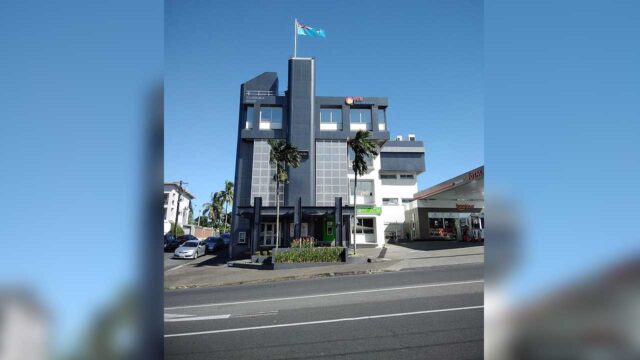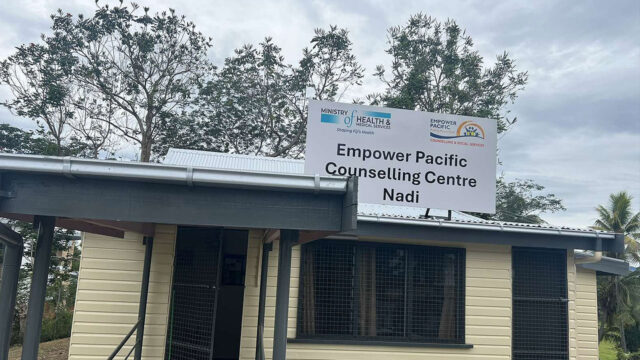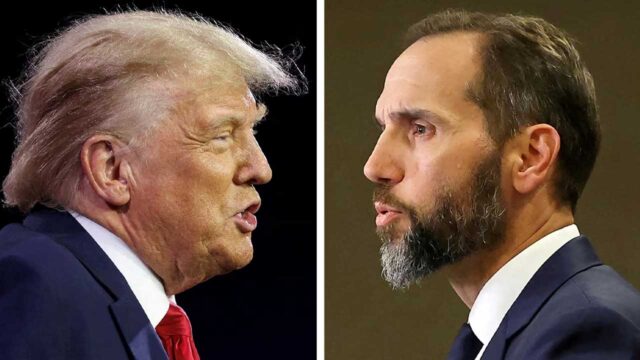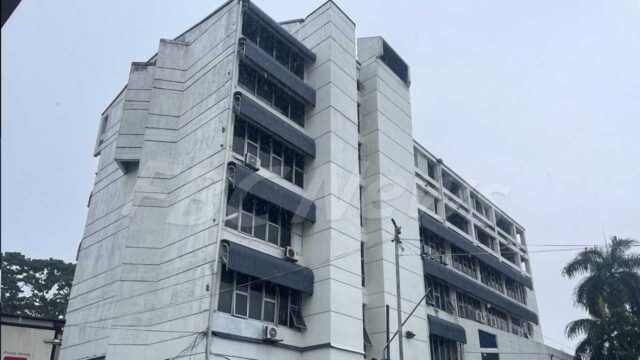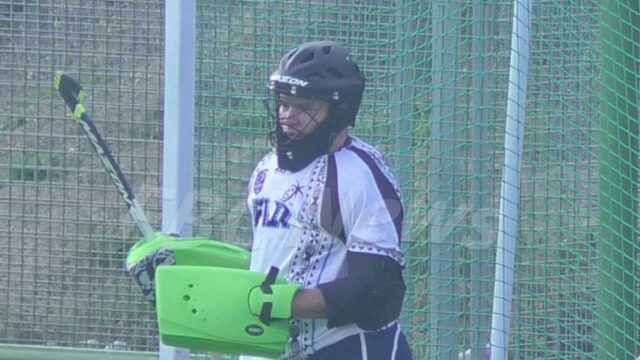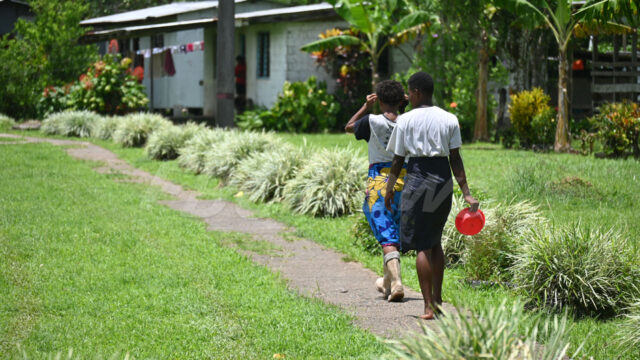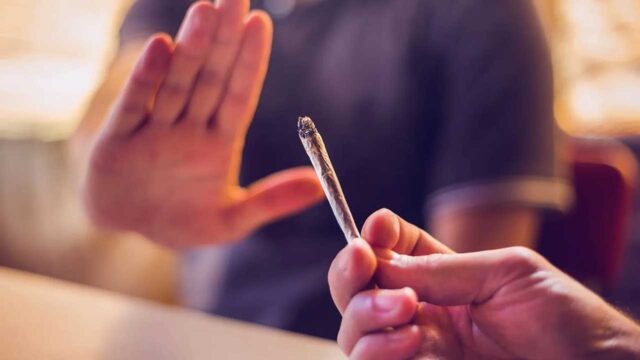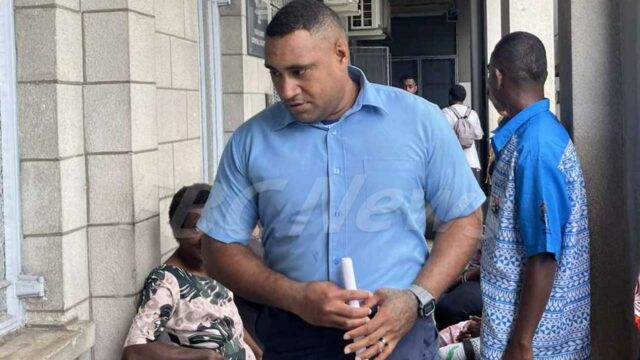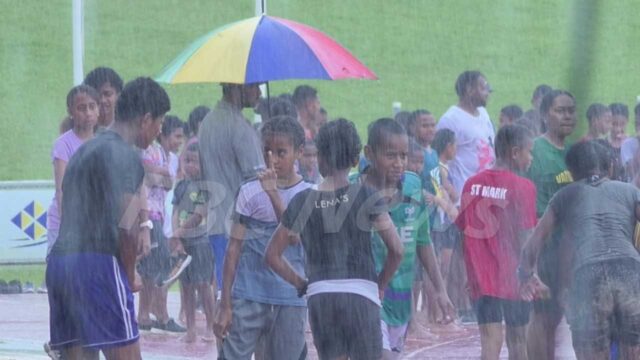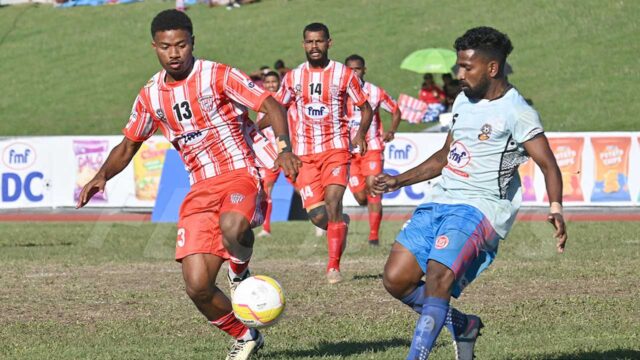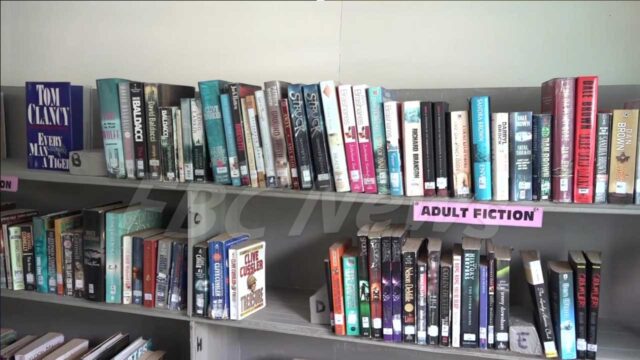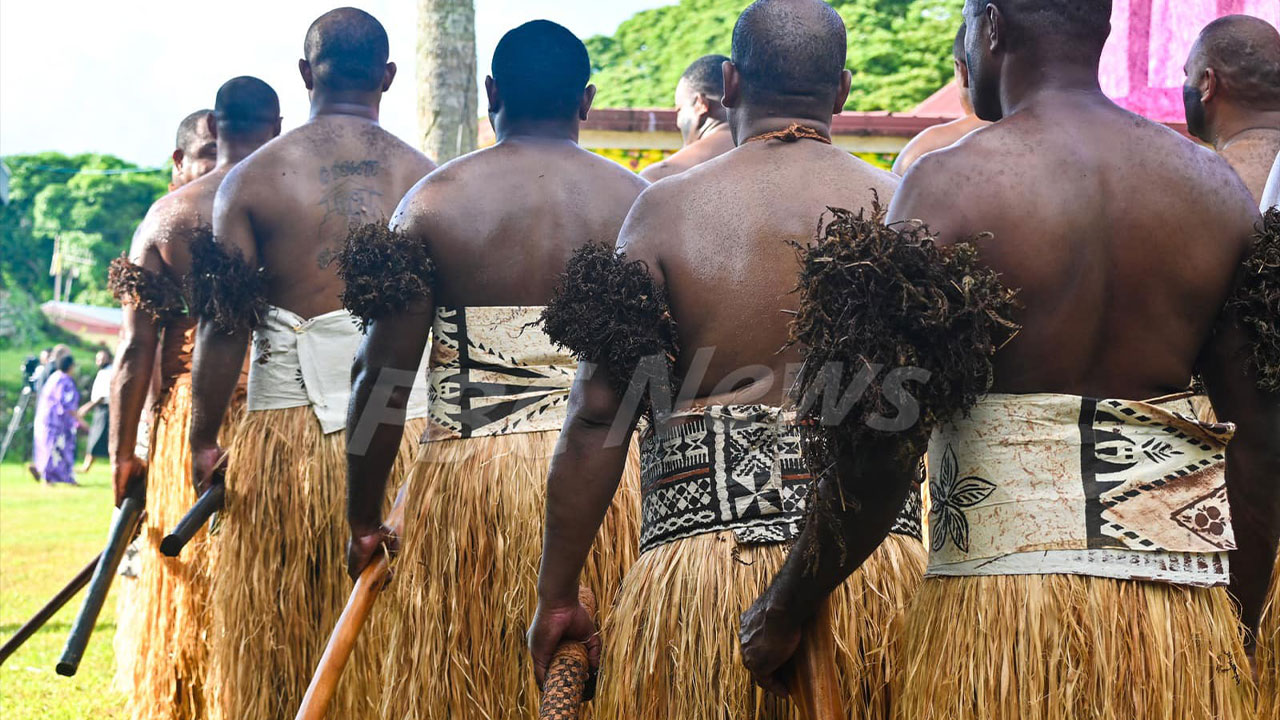
There is a growing concern amongst the Fijian indigenous communities about the impact of climate-forced relocation on culture, heritage and traditions.
The Permanent Secretary for the Ministry of iTaukei Affairs, Pita Tagicakirewa, says they have identified this as an issue following the relocation of six indigenous communities over the past 10 years.
“We believe we have a spiritual connection to our Yavutu (foundation), which is our heritage. I’ve been to Tukuraki, in the case of Tukuraki they definitely exhibit that. Their connection to their Yavutu- Sometimes they go back, because their farm, teitei is still there although it’s confirmed that they need to stop going there. They’re still emotionally attached to their community. We have a special revival unit that looks into that aspect of culture. In terms of heritage, it’s dealt with by the National Trust of Fiji.”
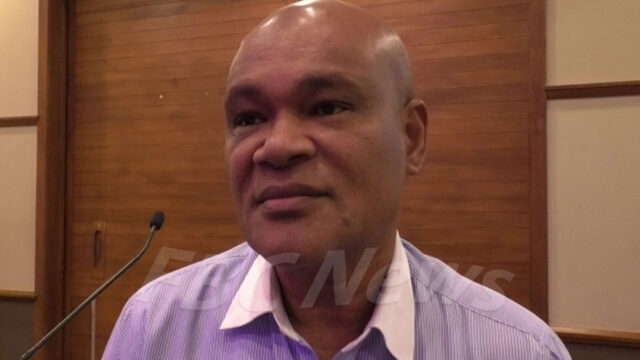
[The Permanent Secretary for the Ministry of iTaukei Affairs, Pita Tagicakirewa]
Tagicakirewa says the Ministry has a dedicated team that is heavily involved with the Ministry of Disaster Management and the National Disaster Management Office in climate relocation projects.
Relocating Fijian indigenous communities from a site they have called home for thousands of years requires rigorous consultations and negotiations.
Each clan has its own designated piece of land to reside on and farm, and its ownership is traditionally connected.
Tagicakirewa says it’s often difficult to convince these community members to forget their ancient homes because of the dangers it poses to them.
“Everyone should be burdened by this. Foremost the Ministry of iTaukei Affairs and that is why as part of our national cultural policy and our heritage policy we will try and roll out a communication plan to amplify the need to preserve, protect and safeguard our culture and our heritage. There are two elements of heritage. One is cultural heritage and the other is natural heritage, Levuka is part of our natural heritage.”
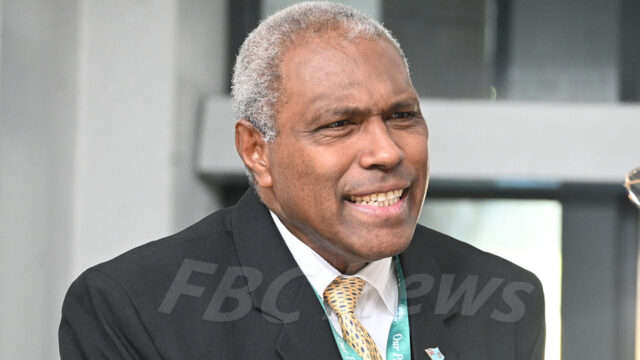
[Attorney-General Siromi Turaga]
Attorney-General Siromi Turaga says Fijians embrace their land as it is a physical representation of their connection to their forefathers.
Turaga says this is why the issue of relocation is always a sensitive one as it deals with an indigenous Fijians’ identity.
“The land has eyes, the land leases, there’s mana in the land. Some people say they are just lands, but people have allotments, and some of them are spiritually connected to them. And in terms of some of those skills and knowledge, it can alter, but please ensure that some of those basic things about us will be kept.”
The Ministry of Disaster Management has the mandate to facilitate these relocations.
Line Minister Sakiasi Ditoka says the Standing Operation Procedure that they adopted this year has factored in the cultural and traditional loss risks associated with community shifting from one point to another.
“This is a very difficult subject. Relocation is always the last resort, and we try to work through all the various possibilities for keeping them there. But when danger is imminent, like what has happened in Tukuraki, Nabavatu, and Cogea where the Lands Department has come back to us and said it is too dangerous for them to settle there, then we will just have to move. There is a Standing Operation Procedure where we go through these things and really consider the traditional ties with people to their land and how we can work that through.”
The National Disaster Management Office Director, Vasiti Soko, has been involved in many of the successful relocations over the past few years.
Soko says they are working on the challenges and mistakes from the previous relocation projects to ensure that these challenges aren’t repeated in future relocation projects.
“For us, the first scenario is the science behind their move, getting them to understand why we are moving them and also getting them to understand the implications if they remain there. We talk science but in a very lame man’s terms. Further to that, the cultural aspect of moving is something we’re trying to address under the SOP, but at the same time trying to identify the gaps that we’ve witnessed in the last six relocations are addressed along the way. They may not be perfect, but we’re trying to improve as we go along to ensure that vulnerable members of society are not further exposed in terms of their vulnerability.”
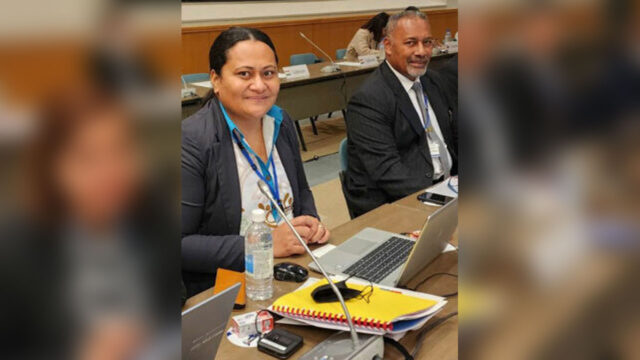
[Line Minister Sakiasi Ditoka (right) and National Disaster Management Office Director, Vasiti Soko (left)]
Policymakers and key stakeholders are working hand in hand to ensure that there are policies in place that help to fill in the gaps and ensure that these vulnerable indigenous communities and heritage sites do not lose their place in society.
Tagicakirewa says a bill to preserve traditional knowledge and culture is before parliament; the bill primarily prioritizes preserving Levuka town.
He is optimistic that this will help ensure that these traditions aren’t lost and are preserved for generations to come.
“It’s Fiji’s only listed heritage site on the World Heritage List. At the last parliament session, the last Heritage Bill was tabled, but it was referred to the standing committee, and the standing committee has made its consultation rounds regarding that bill. It’s specifically for Levuka and other potential world heritage sites. Right now, the Ministry of iTaukei Affairs is reviewing the Levuka World Heritage Project with the view to strengthening all the mechanisms in place for Levuka so that the report will be out in December. Based on the recommendations, we will submit it through the usual government processes to the Ministry of Finance to the Office of the Registrar General.”
The Attorney-General has been instrumental in ensuring that this bill is successfully adopted by Cabinet.
“I’m proud of going to cabinet and moving it forward. As I said, it will probably be difficult in November if we get the bill, but if we do, it will be great; otherwise, we’ll have to do it by next year, but there are other areas that need to be covered.”
Meanwhile, Queen Victoria School is pushing cultural programs to ensure their students are exposed to traditional knowledge and customs.
School Principal Timoci Vosailagi says they have a fortnightly program that teaches students traditional dances, songs, and languages.
Vosailagi says this program fills in the gap, especially if the student does not get exposed to these lessons in their own home or in the community at large.
“We found that culture restores discipline when students learn about themselves, their roots, who they are, and where they are going. It’s imperative to determine their culture and background, where they come from, what they do, or what their traditional responsibility is because when they know themselves well, they will know what responsibilities to take when they come out of QVS. They can be more responsible if they are well-cultured. ”
The Fijian government is preparing itself, as more than 40 indigenous communities have been earmarked for relocation.
So far, six communities have successfully relocated. These relocations have been instrumental in helping stakeholders enhance Fiji’s Standard Operating Procedures when it comes to relocating communities.
Fiji is not the only indigenous community in the Pacific region that is dealing with an identity crisis because of climate-induced relocations.
The Pacific Islands Forum Chair Mark Brown revealed during a recent regional meeting in the Cook Islands that more than 50,000 Pacific people are displaced every year due to climate and disaster-related events.
This story was produced with the support of Internews’ Earth Journalism Network.

 Kirisitiana Uluwai
Kirisitiana Uluwai 

